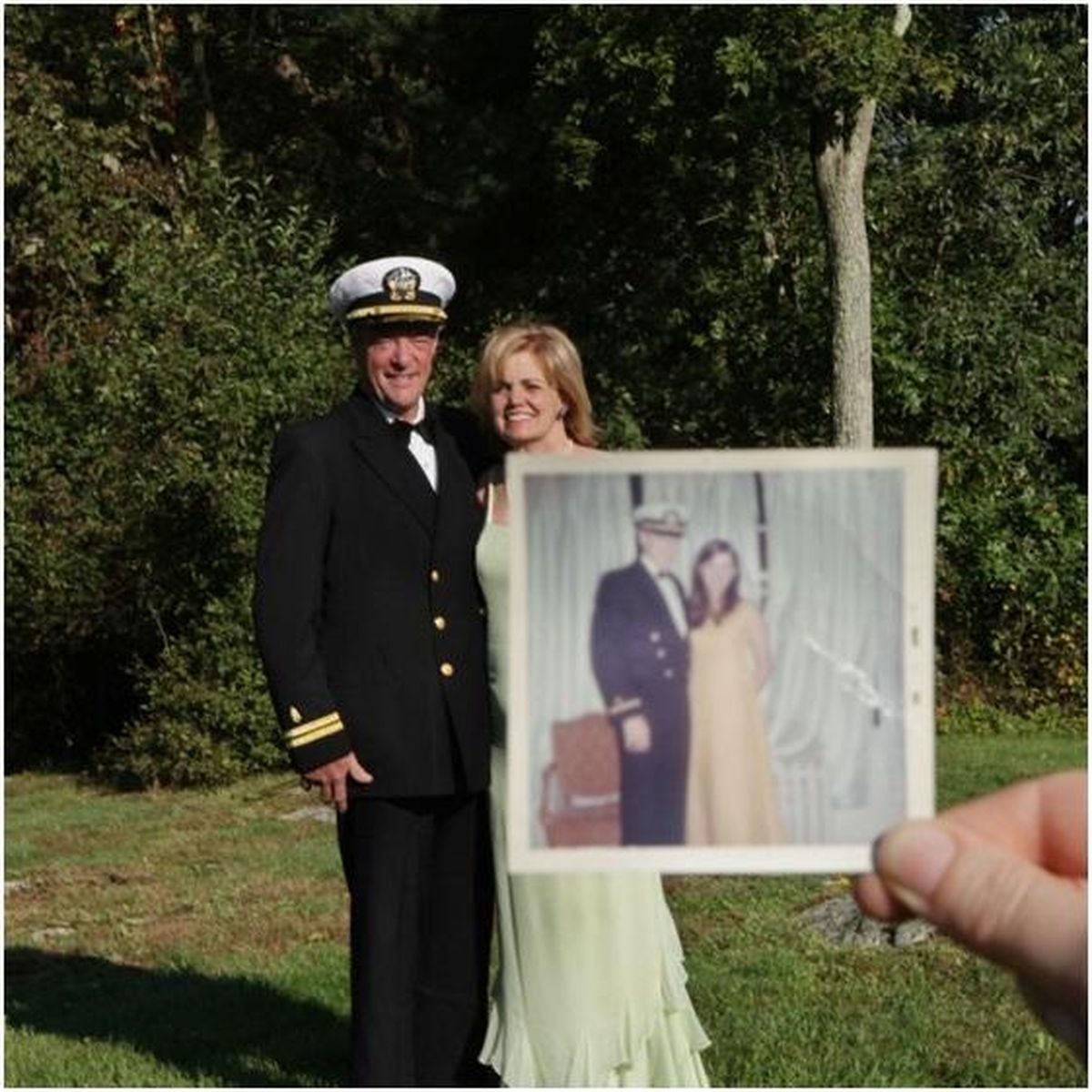Monday Movies brings series of documentaries to Magic Lantern Theatre

Wendy Levy has only been in Spokane since April, but she’s already making her presence known.
As executive director of the Alliance for Media Arts and Culture, her first order of business has been bringing a series of documentaries to the Magic Lantern Theatre.
This series, called Monday Movies, began Oct. 2 and continues weekly through Nov. 27, except Nov. 6.
The alliance, previously known as the National Alliance for Media Arts and Culture, was based in San Francisco since it was founded in the ’80s. After Levy became executive director a few years ago, it became what she calls a virtual consultancy, meaning there was no longer a need for a brick and mortar office.
With cost of living in mind, Levy and her partner decided to return to her partner’s hometown of Spokane.
On house hunting visits, Levy met with people involved with arts and culture in Spokane and received enthusiastic welcomes.
“There’s a wonderful, thriving arts community here but not a ton of documentary film,” she said. “That’s one of our sweet spots is documentary and community media, so I felt very welcome when I came.”
So far, Monday Movies have received a similar welcome, with about 40 people attending the first screening in the series.
When looking for movies for the series, Levy looked at what she thought would resonate most with Spokane audiences.
Noticing the hospitals, health-care systems and Washington State University’s new medical school, Levy realized Spokane is a health-care town, which is why this series features documentaries about various aspects of the medical field.
She also looked for films that didn’t just take stories from the communities represented, but gave back to those who shared their stories. “Part of that is working with the communities who are in the films to co-create the experience and they’re like co-authors of the film, in a way,” she said. “That was really a bar too for these films, that these films are not extracted. They’re actually responsive to the needs of people everywhere.”
Levy likes the fact that the Alliance and Monday Movies is not a film festival, and does not need to stick to a model of screening film after film.
Instead, Levy hopes Monday Movies, which feature a discussion led by Levy and “Black Lens” editor Sandra Williams after each documentary, helps each film become more deeply embedded in the community.
“We don’t just screen a film then screen another film,” she said. “We screen a film, invite community organizations, have conversations and figure out ways that the films and the true stories can have a deeper impact in the community.”
For future cycles, Levy hopes to compile themed movies for each month, like Black History Month in February, Women’s History Month in March and Gay and Lesbian Pride Month in June.
She also has a collection of farming-related films she would like to show in Spokane.
With more funding, she would also like to bring the filmmakers to the screenings and possibly have them do master classes at area colleges, all in an effort to creating a thriving film scene in Spokane that goes beyond the screen.
“I’d love to really start building what I call documentary culture here, so more than just bringing movies,” she said. “We start bringing ideas and really being able to come together around those things.”
Monday Movies features the following documentaries:
“Motherland” (Monday), about the busiest maternity hospital in the world, in the Philippines.
“Swim Team” (Oct. 23), about the New Jersey Hammerheads, a swim team made up of athletes on the autism spectrum.
“Waiting Room” (Oct. 30), which details a day in the life of patients and caregivers at California’s Highland Hospital.
“Genius of Marian” (Nov. 13), in which filmmaker Banker White follows his mother Pam, who has Alzheimer’s disease, as she works to preserve the legacy of her mother, the artist Marian Williams Steele, who died of the same disease.
“Private Violence” (Nov. 20), which explores domestic violence through the eyes of two survivors.
“The Revolutionary Optimists” (Nov. 27), which follows health activists in one of the poorest slums near Kolkata, India.